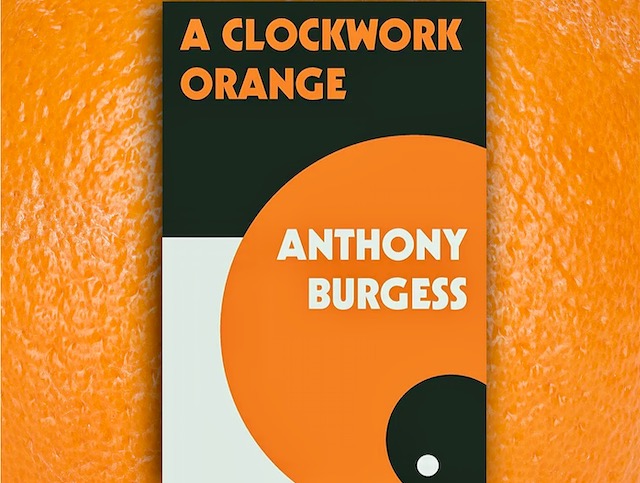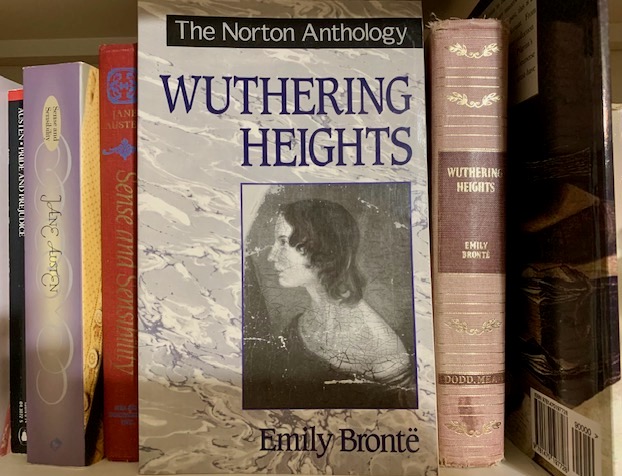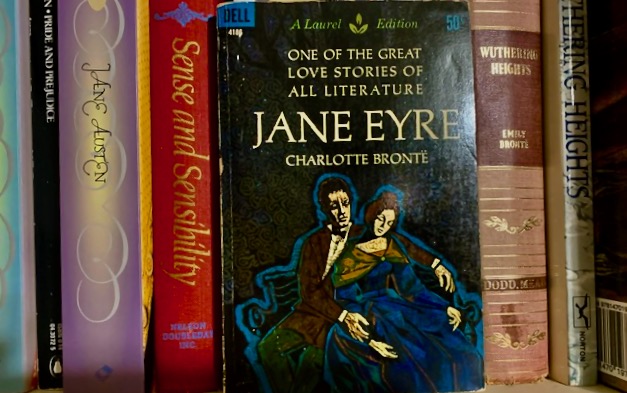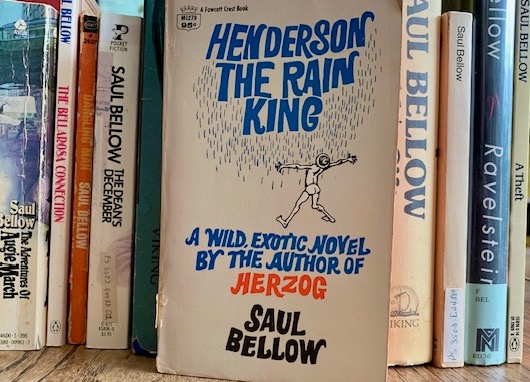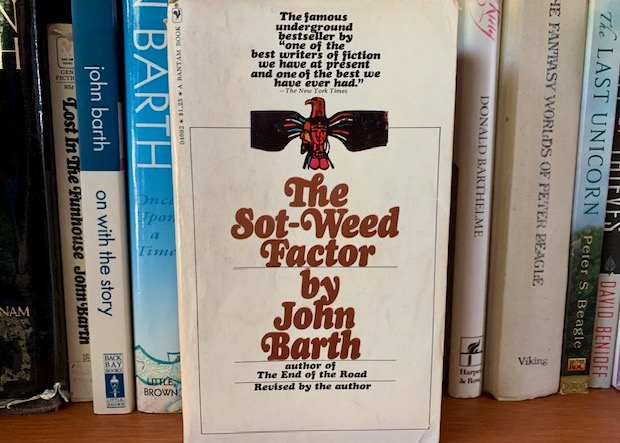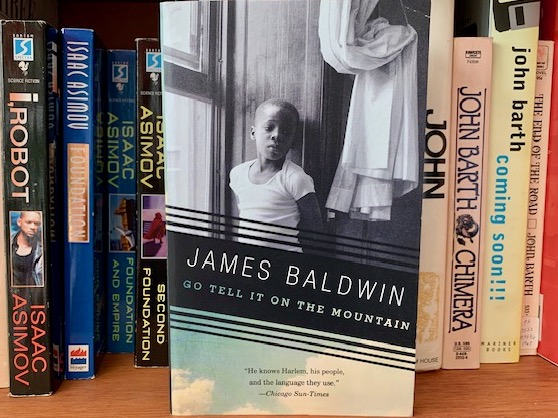Anthony Burgess’s 1962 novel A Clockwork Orange may not at first seem like a “lovable” novel, as I’ve titled my list, since it seems to glorify violence—or at least it seems to do so for people who only know Stanley Kubrick’s 1971 film version of the book, after viewing which nobody will ever innocently hear “Singin’ in the… Continue reading Anthony Burgess’s “A Clockwork Orange”
Author: Jay Ruud
Emily Bronte’s “Wuthering Heights”
What’s always hooked readers and kept them coming back to this dark story is the unrestrained passion and wild undercurrents of brutality in the fierce love between Heathcliff and Catherine, the protagonists of the novel—a fierceness that reflects the harsh natural world of the rugged west Yorkshire moors on which the story takes place. The… Continue reading Emily Bronte’s “Wuthering Heights”
Charlotte Bronte’s “Jane Eyre”
Okay, well, this was a no-brainer. Charlotte Bronte’s novel has been a favorite with both critics and readers ever since its publication in 1847 under her pen name of “Currer Bell.” The novel has been adapted as a stage play, several film and television versions, and two operas, and has inspired popular literature as varying… Continue reading Charlotte Bronte’s “Jane Eyre”
Saul Bellow’s “Henderson the Rain King”
In 1976, Saul Bellow became the seventh American to win the Nobel Prize in Literature (if you don’t count T.S. Eliot, who had eschewed his American citizenship well before his award). Bellow had just won the Pulitzer Prize for his novel Humboldt’s Gift. He had already become the only writer in the history of the award to… Continue reading Saul Bellow’s “Henderson the Rain King”
John Barth’s “The Sot-Weed Factor”
When I think of John Barth, I can’t help thinking of those lines in A.E. Housman’s famous poem “To an Athlete Dying Young”: “Now you will not swell the rout / Of lads who wore their honors out, / Runners whom renown outran, / And the name died before the man.” Barth, the darling of… Continue reading John Barth’s “The Sot-Weed Factor”
Lisel Mueller’s “Night Song”
Mark Johnston’s “War Movie in Reverse”
Emily Dickinson’s “I Died for Beauty”
Stacey Margaret Jones’ “Love Is a Far Country”
James Baldwin’s “Go Tell It on the Mountain”
James Baldwin is one of the most significant American writers of the twentieth century, across several genres, but perhaps most importantly in his fiction. His work deals with themes of sexuality, race, and class, and are vivid contributions to the civil rights movement and the gay liberation movement. His 1962 novel Another Country is, perhaps, his most… Continue reading James Baldwin’s “Go Tell It on the Mountain”

